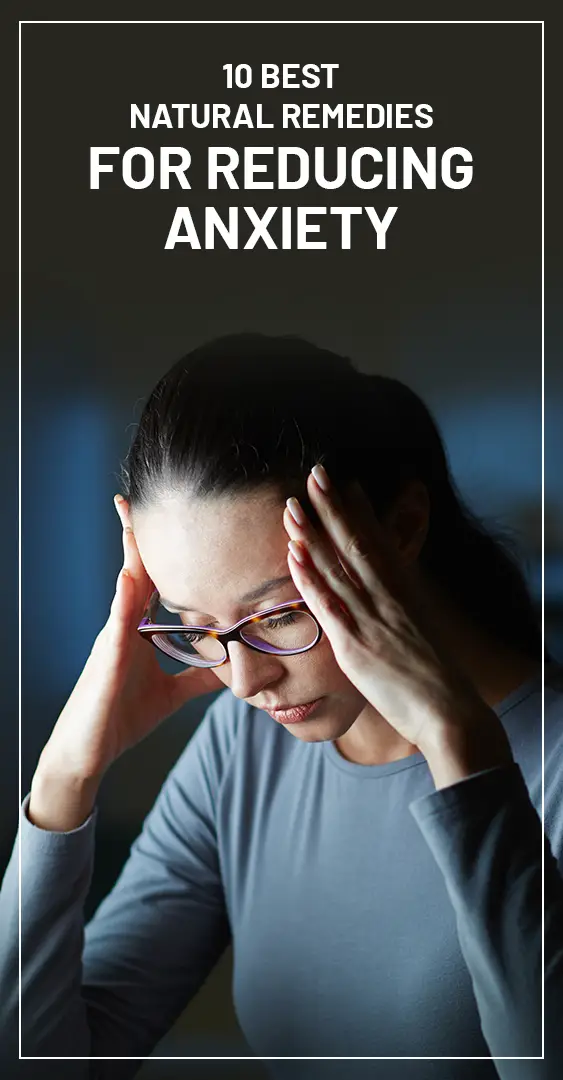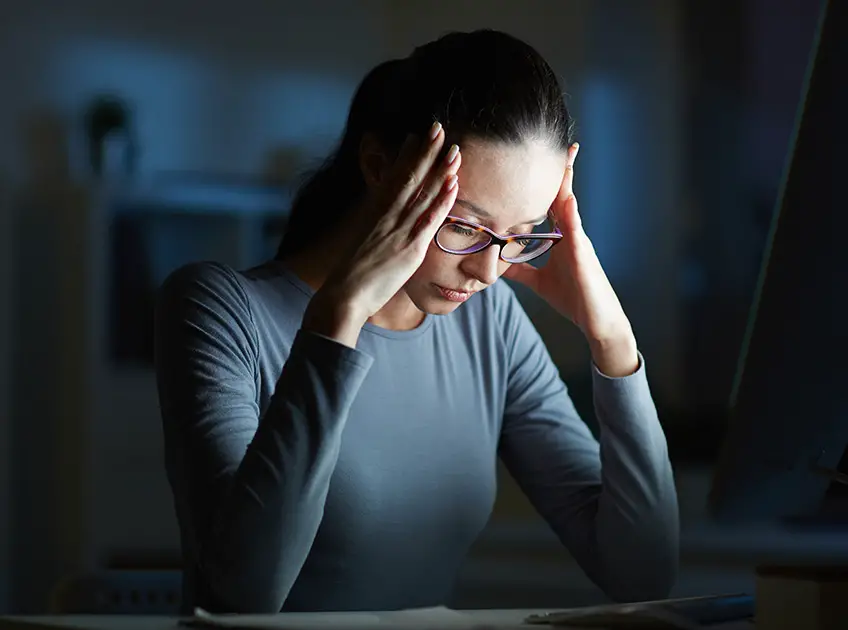
Important: This article is for informational purposes only. Please read our full disclaimer for more details.
Anxiety is a common mental health condition that most of us will experience at some point in our lives. It can be triggered by a variety of factors, including stress, genetics, and life experiences.
There are many different treatments for anxiety, both traditional and alternative. Some people may prefer to try home remedies first, while others may turn to medication or therapy.
What is Anxiety?
Anxiety is a normal emotion that we all feel at times. It’s our body’s way of preparing us to deal with a stressful situation.
However, for some people, anxiety can become so severe that it interferes with their daily lives. When this happens, it’s important to seek professional help.
Symptoms of Anxiety
There are many different symptoms of anxiety, both physical and mental. Some people may only experience a few of these, while others may experience many.
Physical Symptoms can Include:
- Heart palpitations
- Sweating
- Shaking or trembling
- Shortness of breath
- Dizziness
- Nausea
- Mental symptoms can include:
- Constant worry or fear
- Extreme stress
- Trouble concentrating
- An inability to relax
Causes of Anxiety
The exact cause of anxiety is unknown. However, it’s thought to be the result of a combination of genetic and environmental factors.
Some of the most common triggers include:
- Stressful life events (such as a death or divorce)
- Genetics (anxiety can run in families)
- Personality type (some people are more prone to anxiety than others)
- Substance abuse (such as alcohol or drugs)
- Withdrawal from medications
- Medical conditions (such as an overactive thyroid)
- What are the disorders caused by anxiety?
- There are many different disorders that can be caused by anxiety, including:
- Generalized anxiety disorder (GAD)
- Social anxiety disorder
- Panic disorder
- Obsessive-compulsive disorder (OCD)
- Post-traumatic stress disorder (PTSD)
Home Remedies for Anxiety
There are many different home remedies that people use to try and relieve their anxiety. Some of the most popular include:
1. Exercising Regularly
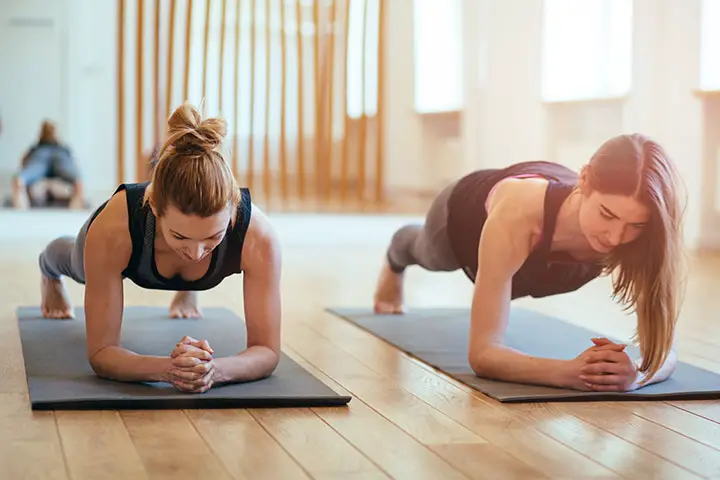
Exercise is a great way to reduce stress and improve your overall health. It can also help to take your mind off of anxious thoughts.
Aim to get at least 30 minutes of exercise every day. This can be anything from going for a run to taking a yoga class. [1]
[ Recommended: 8 Best Essential Oils for Anxiety ]
2. Meditating
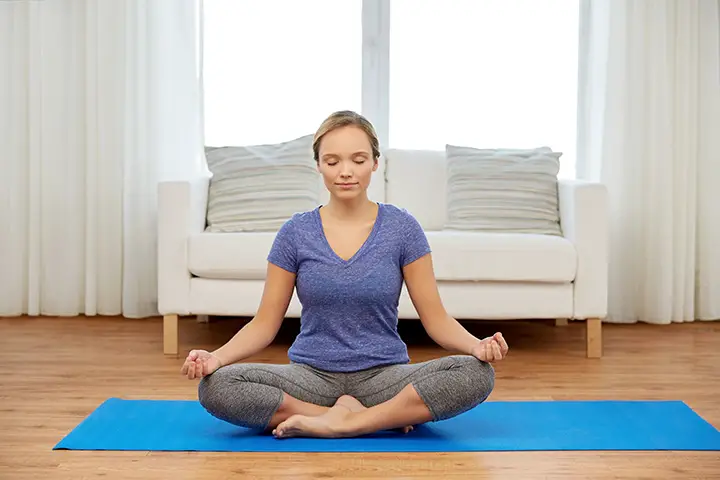
Meditation is a form of mindfulness that can help to calm your mind and ease anxiety. There are many different types of meditation, so find one that works best for you. Try to meditate for at least 10 minutes every day. You can do this first thing in the morning or last thing at night.
[ Recommended: 7 Best Yoga Poses to Relieve Anxiety ]
3. Staying Away from Alcohol
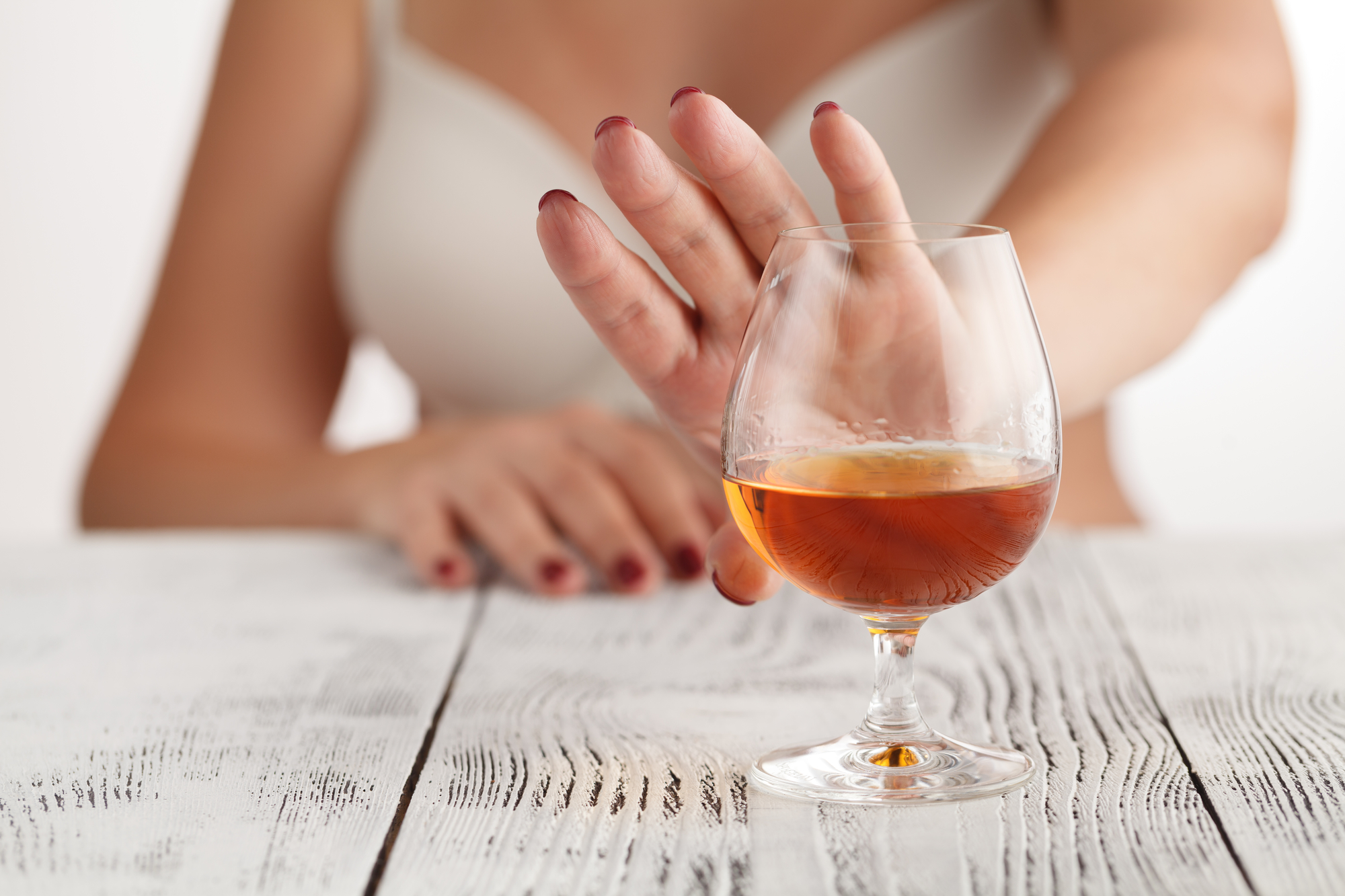
Alcohol is a depressant and can make anxiety worse. If you drink alcohol, try to limit yourself to no more than 2 drinks per day. [2]
4. Quitting Smoking
Smoking is another bad habit that can worsen anxiety. If you smoke cigarettes, now is the time to quit. There are many resources available to help you quit smoking, so find one that works best for you. [3]
[ Recommended: How to Take Ashwagandha for Anxiety & Depression ]
5. Herbal Teas
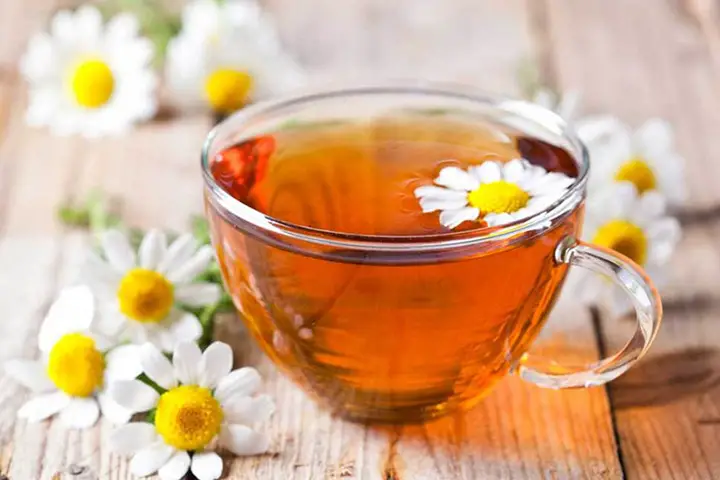
There are many different types of herbal tea that can help to reduce anxiety. Some of the most popular include chamomile, lavender, and passionflower.
Try drinking 1-2 cups of herbal tea per day.
[ Recommended: How is Valerian Root Used for Anxiety? ]
6. Aromatherapy
Aromatherapy is the use of essential oils to promote relaxation. Some of the most popular essential oils for anxiety include lavender, chamomile, and ylang-ylang.
Try diffusing a few drops of essential oil in your home or office. You can also add a few drops to your bathtub or massage it into your skin.
7. Deep Breathing Exercises
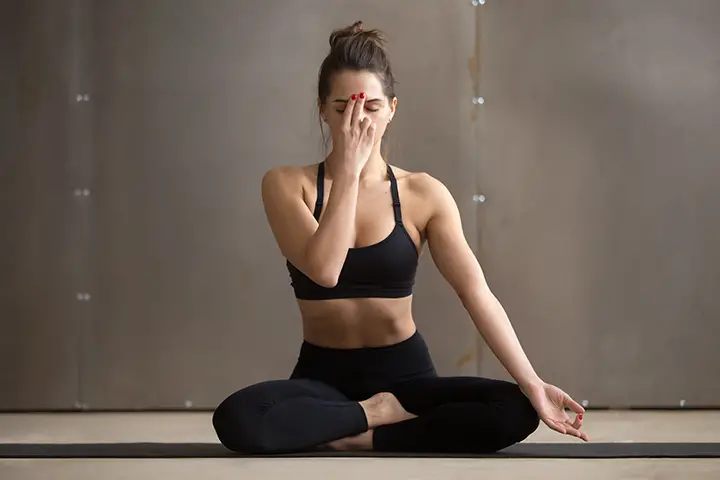
Deep breathing is a simple but effective way to calm anxiety. It helps to slow down your heart rate and relax your muscles.
Try doing a few deep breathing exercises every day.
- One simple exercise is to breathe in for 4 counts,
- hold your breath for 7 counts, and then
- breathe out for 8 counts.
8. Chamomile Tea

Chamomile tea is a popular herbal tea that has many health benefits. It can help to relax your muscles and ease anxiety.
Try drinking 1-2 cups of chamomile tea per day. [4]
9. Getting a Pet Animal
Pets can provide companionship and love, which can help to reduce anxiety. If you don’t have a pet, consider getting one from a shelter or rescue group. [5]
10. Get Good Amount of Sleep
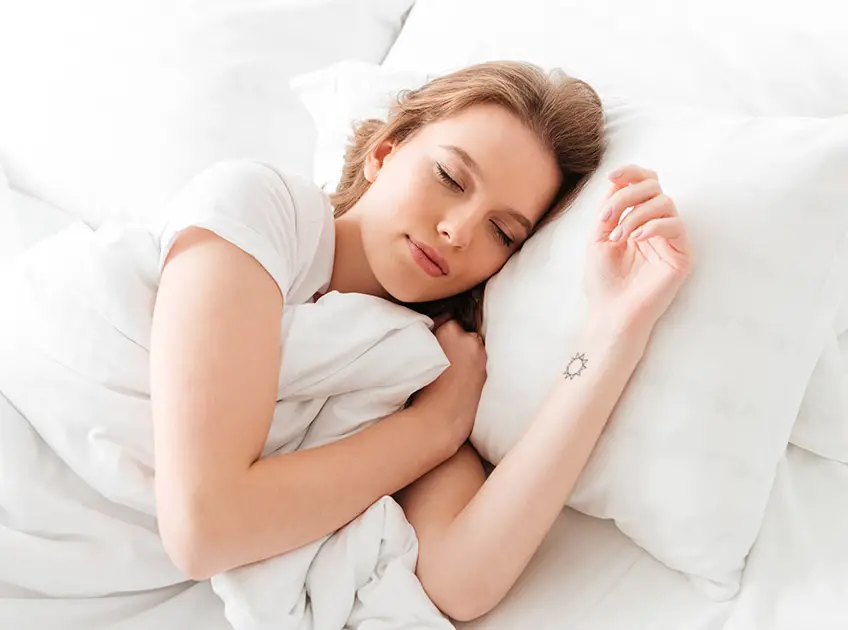
Sleep is important for overall health and can also help to reduce anxiety. Aim to get at least 8 hours of sleep every night.
If you have trouble sleeping, there are a few things you can do to improve your sleep quality. For example, avoid caffeine before bed and establish a regular sleep schedule.
What to Avoid If You Have Anxiety?
There are a few things that you should avoid if you have anxiety, including:
- Caffeine: Caffeine can make anxiety worse. If you drink coffee or tea, try to limit yourself to 1-2 cups per day.
- Alcohol: As mentioned above, alcohol is a depressant and can make anxiety worse. If you drink alcohol, only do so in moderation.
- Smoking: Smoking is another bad habit that can worsen anxiety. If you smoke cigarettes, now is the time to quit.
- Processed Foods: Eating unhealthy foods can impact your mood and make anxiety worse. Try to eat plenty of fruits, vegetables, and whole grains.
When to Visit a Doctor?
If you’re struggling with anxiety, it’s important to visit a doctor. They can help to rule out any underlying medical conditions and prescribe medication if necessary.
If you’re having difficulty managing your anxiety on your own, don’t hesitate to reach out for help. There are many resources available to help you manage anxiety, so find one that works best for you.
Anxiety is a common mental health condition that can cause a variety of symptoms. If you have anxiety, try these remedies an see which works best for you. Remember, if you’re struggling to manage your anxiety on your own, don’t hesitate to reach out for help.
Caution: When dealing with essential oils, it is important to remember that they are concentrated and powerful. Always dilute them with a carrier oil before applying them to your skin. If you have any allergies, be sure to test the oil on a small area of skin before using it more broadly. And as with any natural remedy, consult your doctor before using essential oils if you have a medical condition or are pregnant or breastfeeding or children below 12 years old.
Thanks for reading!
You Might Also Like:
- 7 Essential Oils for IBS- Benefits & Risk
- 10 Essential Oils That Can Help You Get Rid of Nausea
- 10 Quick Exercises To Get Rid Of Your Double Chin
- The 8 Best Abs Exercises for Beginners
- 8 Simple Exercises for People With Arthritis
- 8 Best Exercises For Lower Back Pain Relief
- Exercises For Saddlebags – 6 Best Moves to Lose Saddlebags
